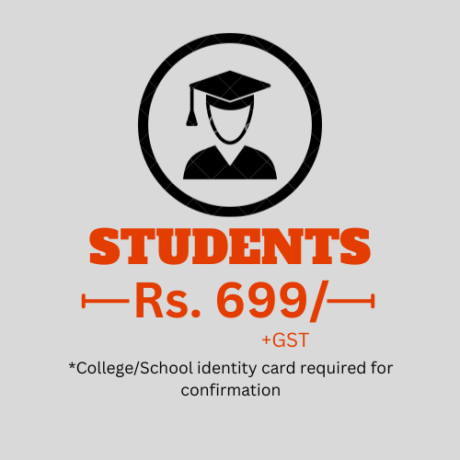NEW DELHI: India’s exports of cardamom to Saudi Arabia, its largest buyer, have come to a standstill after the Western Asian nation tightened chemical residue norms last month, traders said.
“Cardamom exports to Saudi Arabia, which resumed in May this year after a long gap, have again stopped since July, as they have removed the relaxation on the maximum residue level (MRL) of certain pesticides,” said TT Jose, managing director, MAS Enterprises, an exporter from Kerala. “This will impact the overall exports from the country for 2020-21.”
Saudi Arabia buys 85% of the cardamom that India exports. Spices Board officials said they are in talks with the Saudi Food & Drug Authority (SFDA) and Indian exporters to resolve the issue. They have also planned a buyers-sellers meeting next month.
In 2019-20, India’s cardamom exports were down by 27% to 2,090 tonnes, valued at Rs 426.30 crore.
Sale of cardamom to Saudi Arabia had stalled in 2019 with Indian exporters’ samples failing to meet Saudi chemical residue norms. Exports resumed in May this year–after a gap of 15-18 months—following diplomatic engagements with the SFDA for harmonisation of standards.
“We achieved a breakthrough in May and exports resumed, but sustaining the export calls for collective efforts across the supply chain, particularly regarding having an exportable surplus of MRL-compliant cardamom,” said the official. “Very soon we can expect exports to furthe flourish, as exporters are strengthening linkages to meet the requirements for compliance with all chemicals prescribed by SFDA.”

With a drop in demand from Saudi Arabia, exporters have been pushing for sales to Iran, Kuwait and Dubai, said PC Punnoose, general manager of Kerala Cardamom Processing and Marketing Cooperative Society.
Cardamom prices in India have dropped by 30% over the last four
months to Rs 1,750 per kg, in part due to the lockdown, plunge in exports, and heavy rains in the producing states, said Stany Joseph Pothen, executive member of the Cardamom Growers Association.
“With 85% of our produce going to Saudi Arabia, any disruption in exports impacts growers and prices,” he said.
With harvesting likely to pick up in a fortnight, prices will continue to be under pressure, Punnoose said.
To ensure the quality of small cardamom, the Spices Board has been promoting good agricultural practices, promoting collaborative movements among growers through spice producer societies, and strengthening direct linkages with exporters.
The proposed buyers-sellers meet will also help exporters build direct linkages with buyers.


